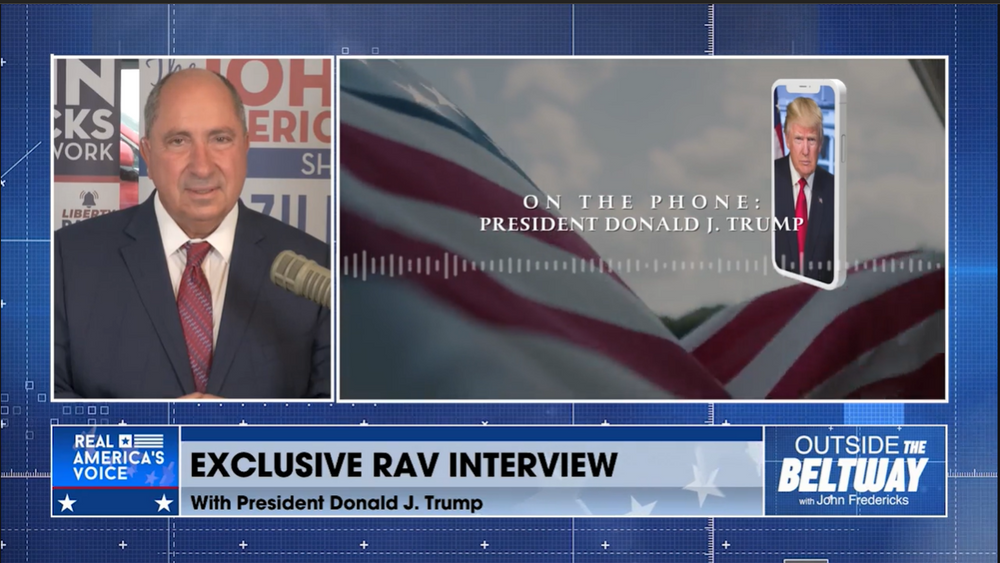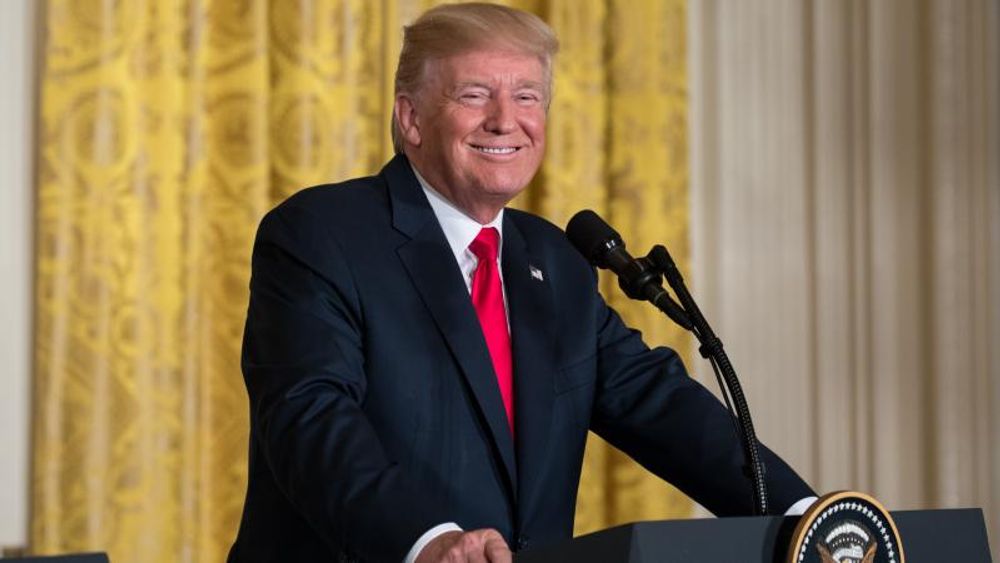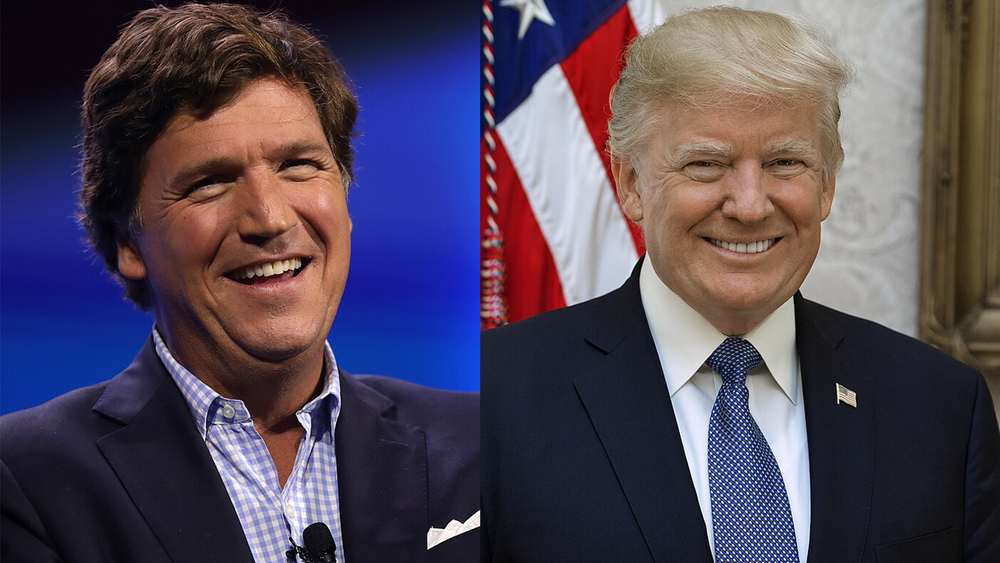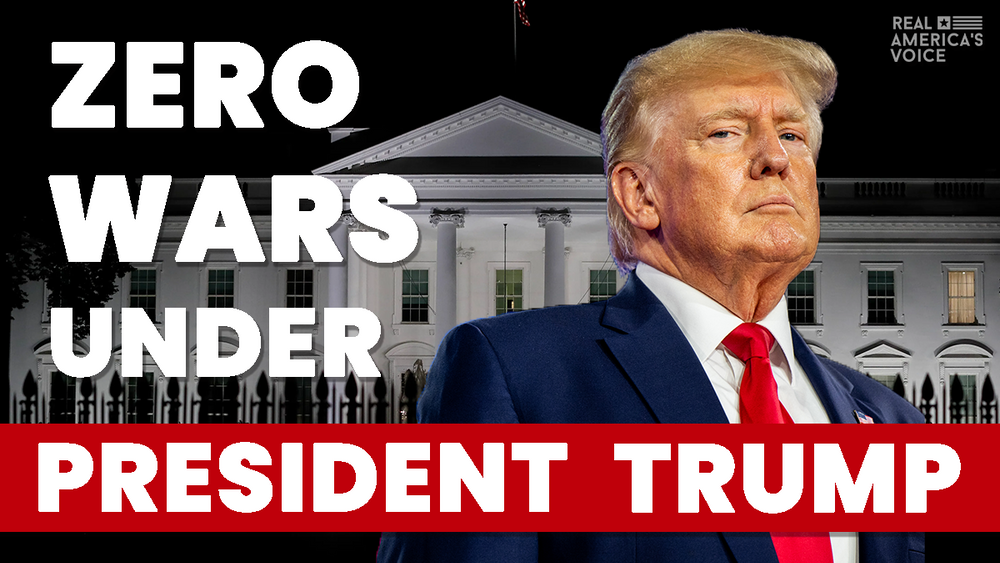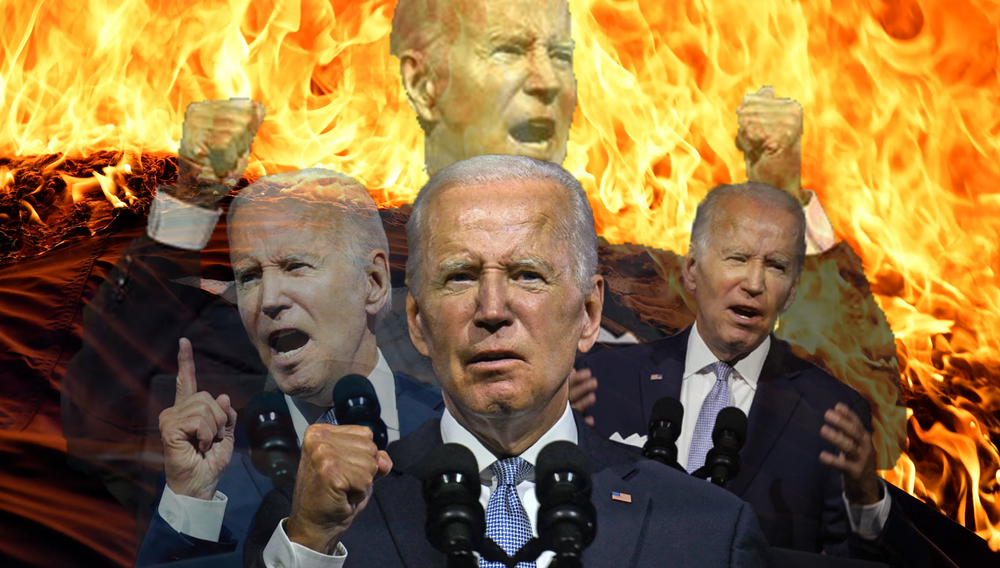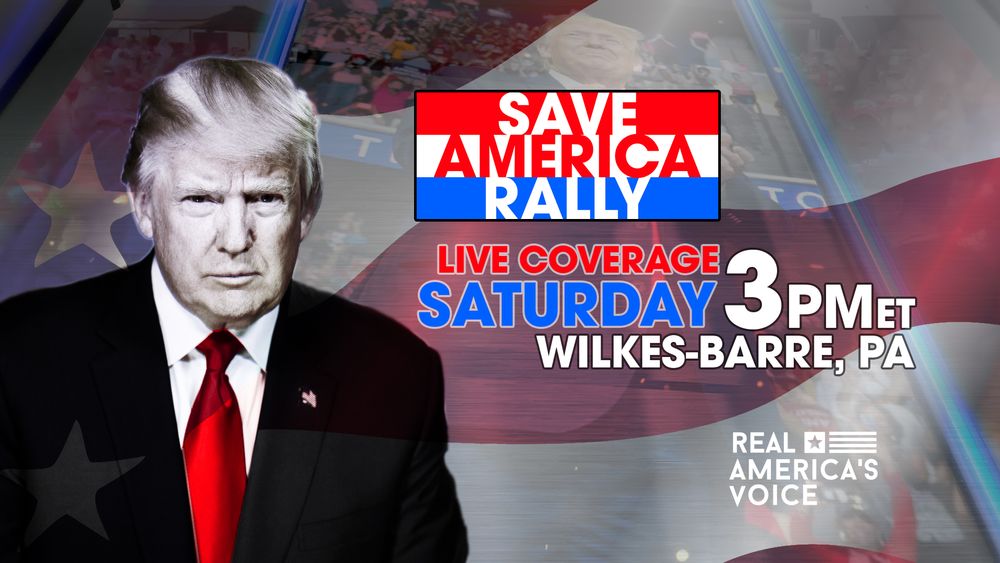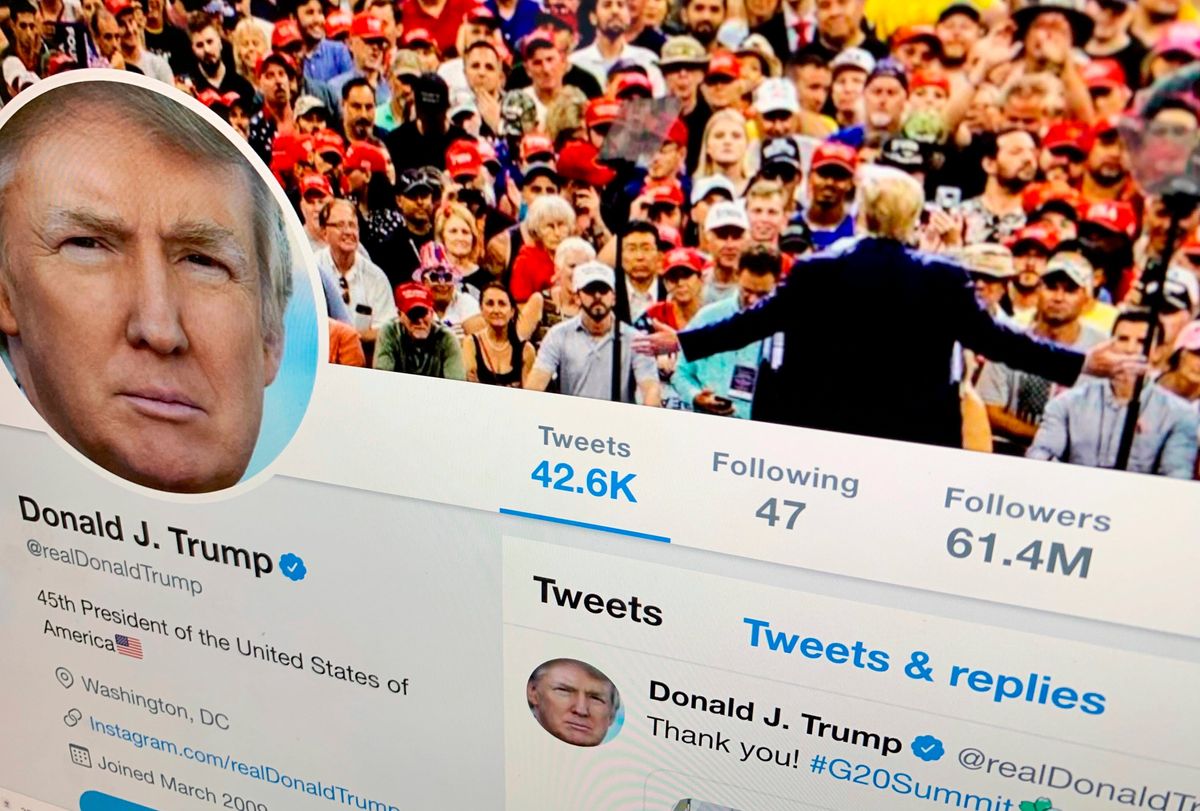
Trump Fights Ruling That He Can’t Block Twitter Users
President Donald Trump is challenging a federal appeals court decision that ruled he violated the U.S. Constitution by blocking people whose views he disliked from his Twitter account.
In court papers filed late Friday by the U.S. Justice Department, Trump sought a rehearing by the full 2nd U.S. Circuit Court of Appeals in New York, calling the 3-0 decision “fundamentally misconceived.”
Trump has more than 63 million followers on Twitter, and often uses his account to make significant announcements, including Friday when his tweets about trade with China sent U.S. stock and oil prices down sharply.
Lower court ruling upheld
The three-judge panel last month upheld a May 2018 lower court ruling that forced Trump to unblock several dozen followers.
Twitter Inc. and the White House did not immediately comment.
In the appellate court ruling, Circuit Judge Barrington Parker wrote, “the First Amendment does not permit a public official who utilizes a social media account for all manner of official purposes to exclude persons from an otherwise-open online dialog because they expressed views with which the official disagrees.”
White House social media director Dan Scavino, who was also a defendant, is also challenging the appeals court ruling.
The Justice Department court filing Friday warned that if the appeals court ruling was upheld, that “public officials who address matters relating to their public office on personal accounts will run the risk that every action taken on that account will be state action subject to constitutional scrutiny.”
'Official, state-run account'
Parker, however, had said Trump’s account bears “all the trappings of an official, state-run account” and is “one of the White House’s main vehicles for conducting official business.”
Trump has made his @RealDonaldTrump account, which he opened in 2009, a central and controversial part of his presidency, using it to promote his agenda and attack critics.
His blocking of critics was challenged by the Knight First Amendment Institute at Columbia University, as well as seven Twitter users he had blocked.
 Trump campaign aide rallies female voters for 2020 electionNext PostUS Citizen Accused of Spying Remains in Russian Custody Amid Investigation
Trump campaign aide rallies female voters for 2020 electionNext PostUS Citizen Accused of Spying Remains in Russian Custody Amid Investigation
